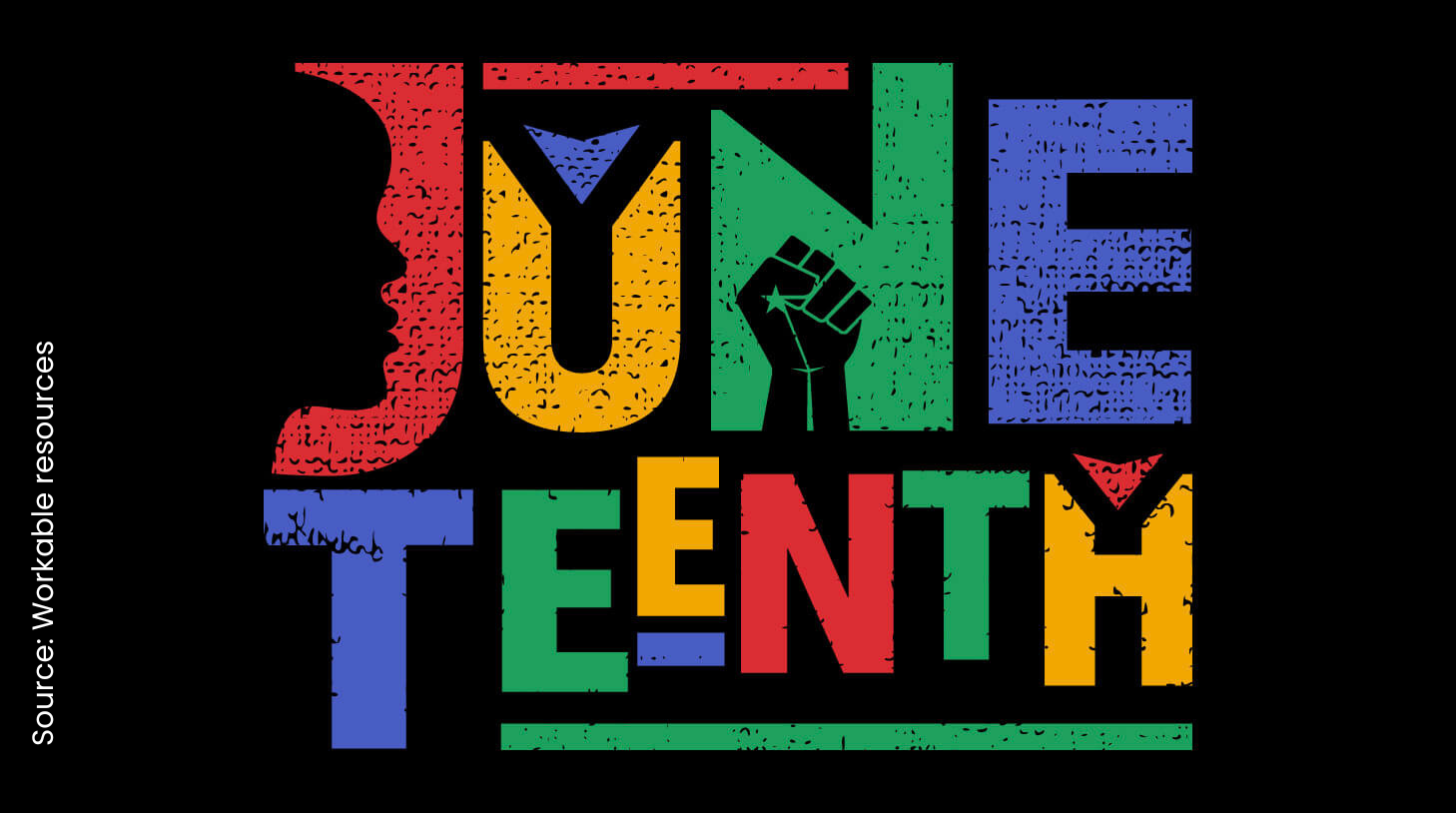African Relevance of Juneteenth: Honouring Freedom and Resilience

Introduction
In the United States, Juneteenth, commonly referred to as Emancipation Day or Freedom Day, is a yearly holiday observed on June 19. It honours the liberation of African Americans who had been held in slavery. Although Juneteenth has a long history in America, its significance is felt around the world, especially in Africa. In this blog article, we will look at the historical parallels between Juneteenth and Africa, emphasising the common challenges, tenacity, and continued struggle for freedom.
Origins of Juneteenth
When Major General Gordon Granger landed in Galveston, Texas, on June 19, 1865, he issued General Order No. 3, declaring all slaves to be free. The Emancipation Proclamation, which had been issued by President Abraham Lincoln on January 1, 1863, was finally put into effect as a result of this occasion. Because emancipation spread slowly and it took more than two years for slaves in Texas to learn they were free, Juneteenth is significant.
Linking Juneteenth to Africa
Due to the shared history of transatlantic slavery and the ensuing struggle for liberation and justice, Juneteenth is extremely important to Africa. Millions of Africans were forcibly sent to the Americas as part of the transatlantic slave trade, where they were subjected to unspeakable pain and persecution. While Juneteenth commemorates African Americans' independence, it also serves as a reminder of the long-standing relationships between Africans and communities in the African diaspora.
Pan-Africanism and Solidarity
The Pan-Africanism movement, which promotes the unification, empowerment, and emancipation of people of African heritage worldwide, is embodied by Juneteenth. The challenges that African Americans experience are similar to those that many African countries endured in their struggle against colonialism and persecution. African Americans and Africans have developed a sense of solidarity as a result of their common experiences with slavery and the struggle for freedom. This has encouraged communication, cooperation, and mutual support in the battle for social justice.
Social Justice Movements and Activism
Discussions about social justice, racial equality, and the ongoing struggle against systemic racism are sparked by Juneteenth. The holiday offers a chance to consider the steps taken and the work yet to be done to overcome the legacy of slavery, prejudice, and inequality. Black Lives Matter and other movements have recently attracted international attention, sparking discussions about racial injustice and motivating group action both in the US and throughout Africa.
Continuing the Legacy
Juneteenth's importance is growing outside of American borders as it becomes more widely recognized and significant. Numerous African nations are celebrating the anniversary by holding celebrations and launching educational programs to pay tribute to the historical hardships and accomplishments of African Americans. Africa's ties to the African diaspora are strengthened, and its commitment to advancing liberty, justice, and equality around the world is reaffirmed by acknowledging and honoring Juneteenth.
Conclusion
The enduring spirit of fortitude, endurance, and the universal search for freedom are powerfully brought to mind every Juneteenth. The event has meaning and resonance throughout Africa while having roots in the history of African Americans. By commemorating Juneteenth, Africa highlights the universal challenges, cultural legacy, and on-going social justice movement. It is a time to remember historical legacies, celebrate progress, and motivate group action.
Não foram encontradas mensagens
Escrever um comentário- CareersCareers " - Unexpected """, expected one of: DOLLARID , "id, name" , "#" , "$"
- London, Wenlock Street
- +1(917)722-7425 (the call is free)
- Seg-Dom 9.00 - 18.00
- support@meekono.com
- Ver no mapa

 ALL RIGHT RESERVED. Meekono 2025
ALL RIGHT RESERVED. Meekono 2025